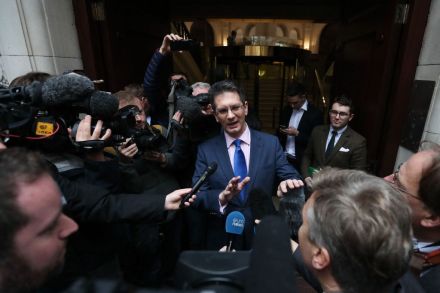Keir’s Indian Summer
The UK has finally signed a free-trade deal with India after three-and-a-half years of negotiation. The agreement will open up trade for cars, whisky, clothing and food products, with ministers claiming it will boost the British economy by £4.8 billion. For Keir Starmer, it offers much-needed economic and political good news. For Indian prime minister Narendra Modi, it shows that the £3 trillion Indian economy is willing to shake off its protectionist tradition and open up to international investors. Lucy Dunn discusses with James Heale and Michael Simmons.




















